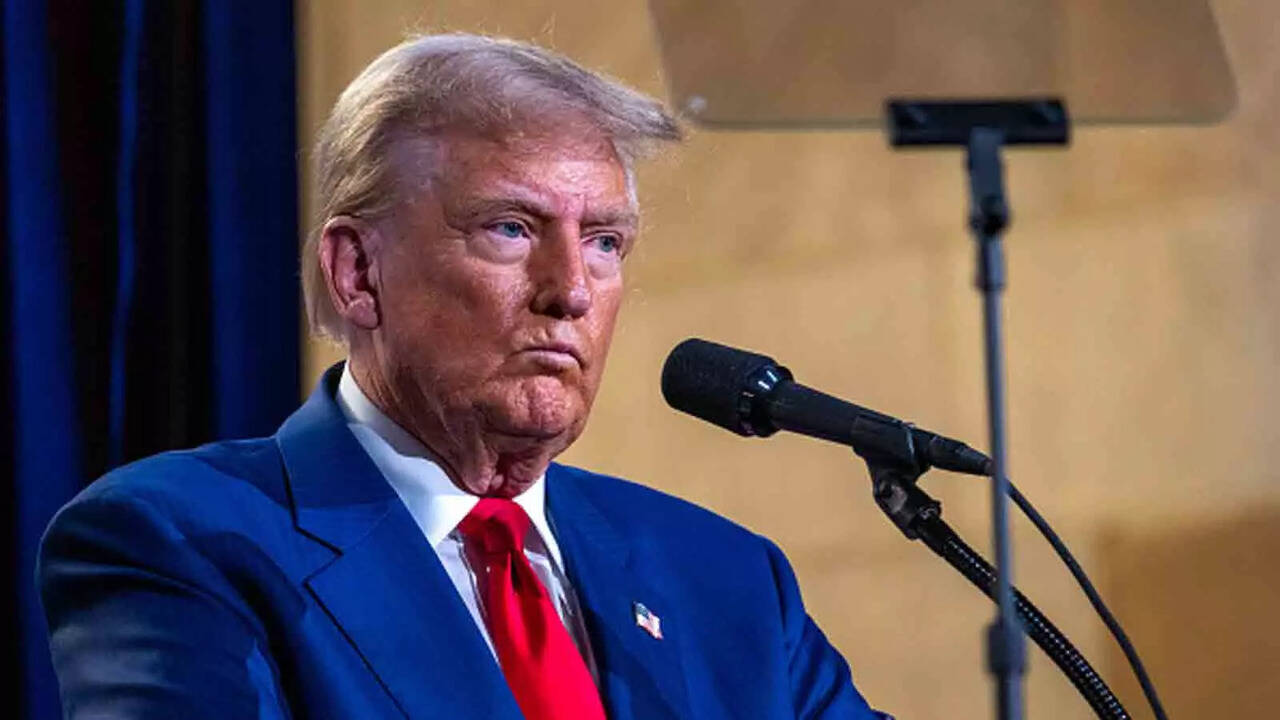
Title: Universities and Legal Advocates in the U.S. Respond to the Scientific and Academic Measures by the Trump Administration
In an extraordinary period of upheaval for American higher education and scientific inquiry, universities, academic bodies, civil rights proponents, and attorneys general from numerous U.S. states are mobilizing the legal framework to combat a slew of government-imposed funding reductions, student visa cancellations, and institutional interferences linked to the Trump administration.
These threatened factions are championing the independence, financial viability, and global standing of U.S. research institutions against what many are deeming a politically charged onslaught. The legal response illustrates a growing contention between the federal government and the academic sphere in America, with billions in research funding, thousands of international students’ visas, and the trajectory of U.S. scientific prominence on the line.
Billions Cut from Research Budgets
The origins of the dispute trace back to March 2025, when Columbia University experienced a cut of $400 million in federal funding due to its reaction to campus protests concerning the Gaza conflict and accusations of antisemitism. Harvard University, encountering similar allegations and pressures from the White House—including directives to eliminate diversity, equity, and inclusion (DEI) offices and restrict the admission of certain international students—opted to resist.
The Trump administration reacted quickly. On April 16, it froze $2.2 billion in grants and contracts to Harvard, later terminating an additional $450 million across eight federal agencies. A subsequent threat to revoke Harvard’s tax-exempt status labeled the university a political entity rather than an educational one. In a letter dated May 5, Education Secretary Linda McMahon announced the denial of all future federal grants to the institution.
In retaliation, Harvard initiated a federal lawsuit against these unprecedented measures, contending that they exceed the government’s jurisdiction and aim to unlawfully dictate academic functions. District Court Judge Allison Burroughs, who has handled comparable federal grant cases, is overseeing the proceedings.
Unity Among Educational Institutions
Harvard is not solitary in its struggle. Respected peers such as Stanford and Columbia have openly supported Harvard’s position. Stanford’s leadership asserted that while universities should tackle valid issues, dismantling research frameworks and academic freedoms is not the appropriate approach to reform. Concurrently, close to 600 college and university presidents endorsed a letter—organized by the American Association of Colleges and Universities—cautioning against “unprecedented government overreach.”
Reductions in Funding for Scientific Organizations
In conjunction with its targeting of universities, the Trump administration has faced accusations of politicizing scientific funding. The National Institutes of Health (NIH), the Department of Energy (DOE), and the National Science Foundation (NSF) have all undergone severe funding adjustments or grant terminations.
The ACLU, representing researchers affected by sudden NIH grant cancellations, filed a lawsuit deeming the action an unlawful political purge of funding. Over $2 billion in NIH-funded research has been impacted, including more than $1 billion that was already allocated to ongoing projects.
Following suit, attorneys general from 16 states filed a lawsuit, requesting the courts to declare that NIH lacked the legal basis to annul awards based on political criteria.
Moreover, the DOE and NIH’s decision to impose a 15% universal cap on “indirect costs” (expenses related to laboratory supplies, utilities, and administration) faced temporary halts due to court injunctions. The NSF soon suggested a similar cap, which 13 universities legally contested, arguing that these alterations would critically undermine their capacity to conduct vital research.
Mass Visa Revocations and Legal Challenges
The Trump administration’s crackdown went beyond monetary issues to affect individuals. As of April 24, nearly 1,800 international students had their visas abruptly revoked—some without prior notification—amid increased examination of student visa initiatives.
Legal representatives and universities quickly countered these actions. More than 100 lawsuits were filed arguing that these measures violated due process and disproportionately affected students involved in pro-Palestinian activism. Judges in 23 states issued emergency stays on campus deportations.
Under heightened legal scrutiny from civil rights organizations like the ACLU and academic associations such as the American Association of University Professors (AAUP), the Trump administration seemingly reinstated some student visa records on April 25. However, uncertainty lingered, as Homeland Security officials later asserted that only access to the database—not the visa statuses—had been restored.
Veena Dubal, AAUP’s general counsel, highlighted the anxiety and instability such policies have induced: “Many of the students have already left the country, others have applied outside the U.S., and still others are primed to leave.”
Perhaps most concerning, the government subsequently issued a memorandum broadening its authority to revoke residency status from international students “as necessary.”
Emerging Signs of Academic Drain
This series of disruptive policies has fostered a chilling situation for academic research in the U.S. A Nature survey indicated that 75% of U.S.-based scientists were contemplating relocation abroad, while international applications from American researchers rose significantly, exceeding